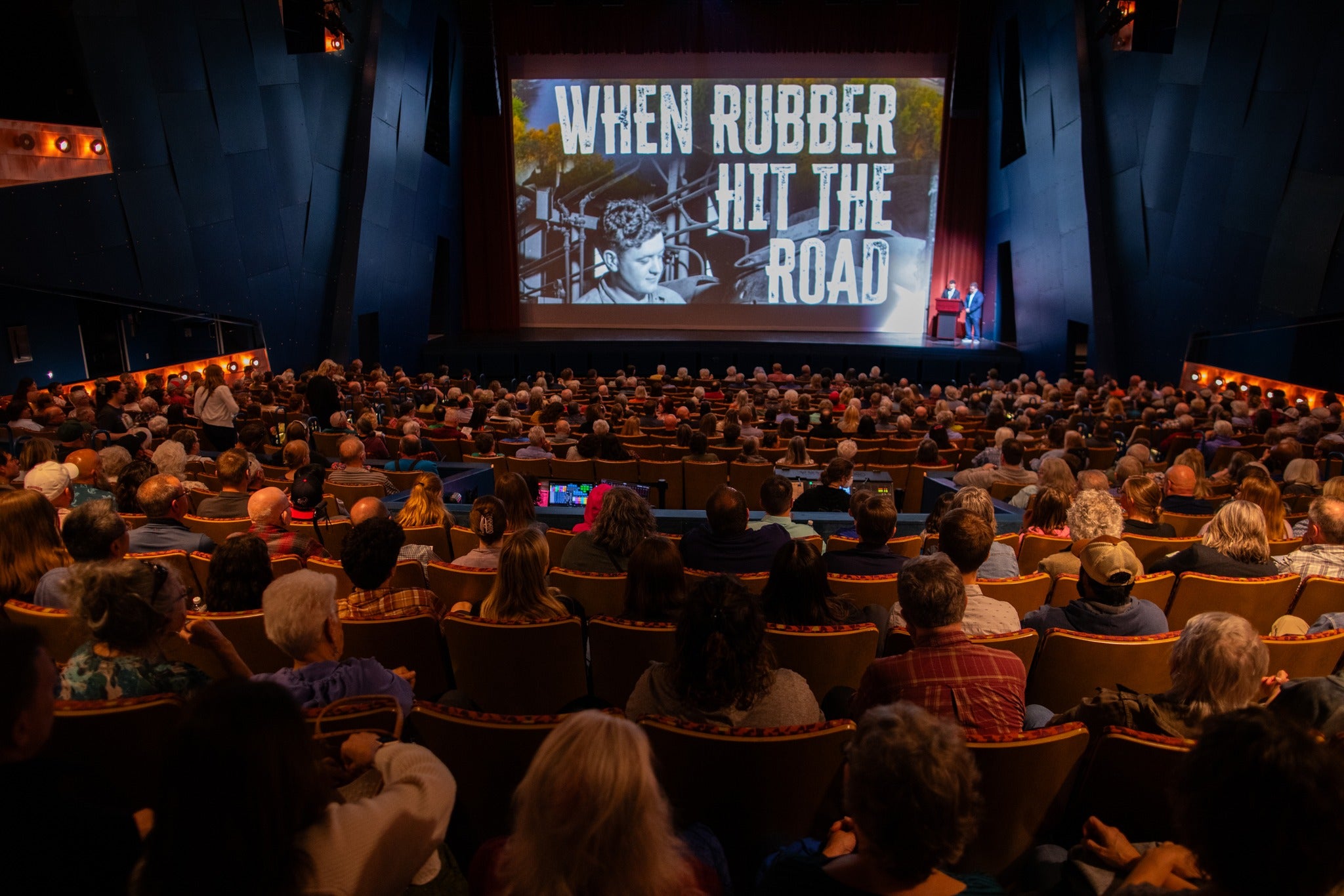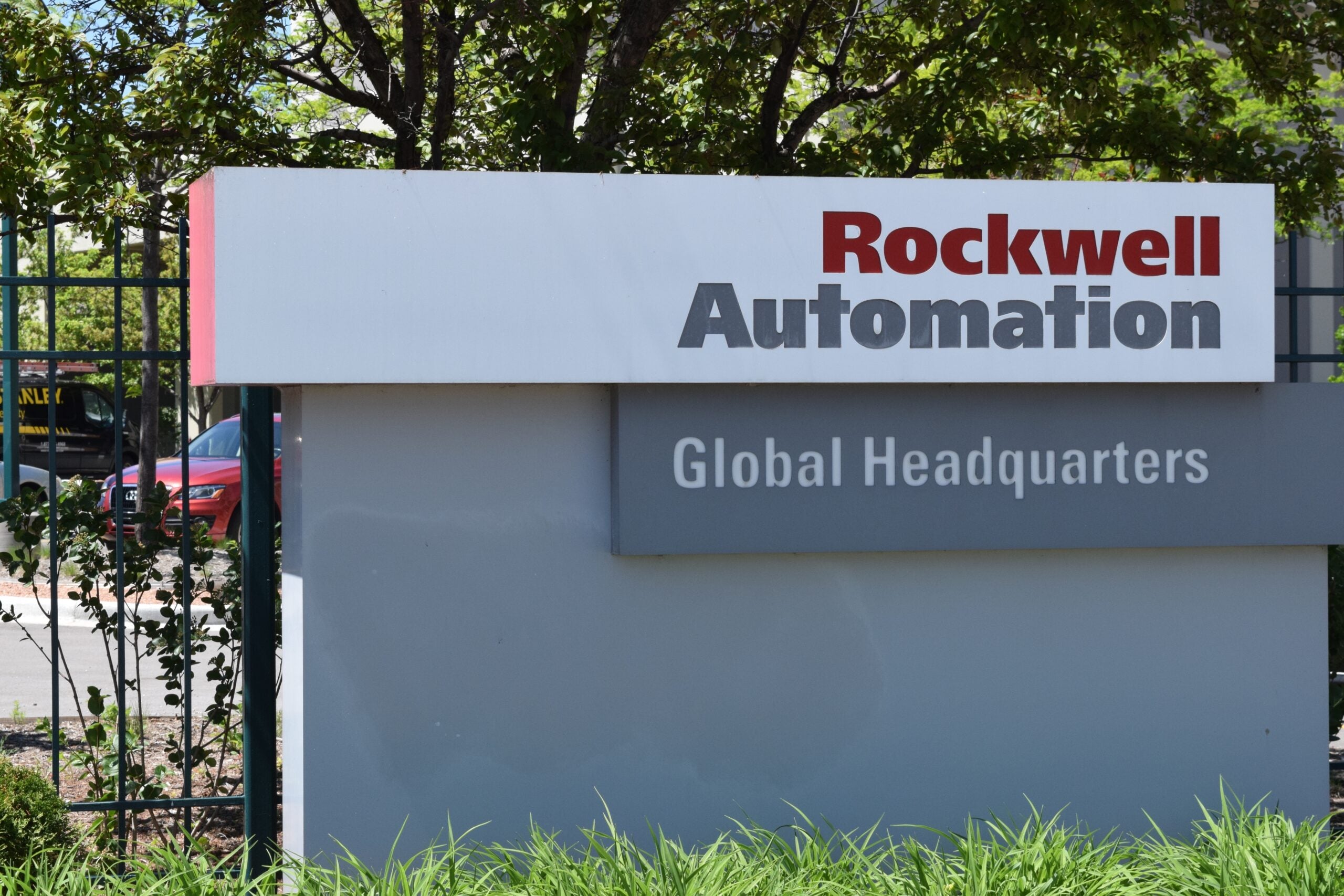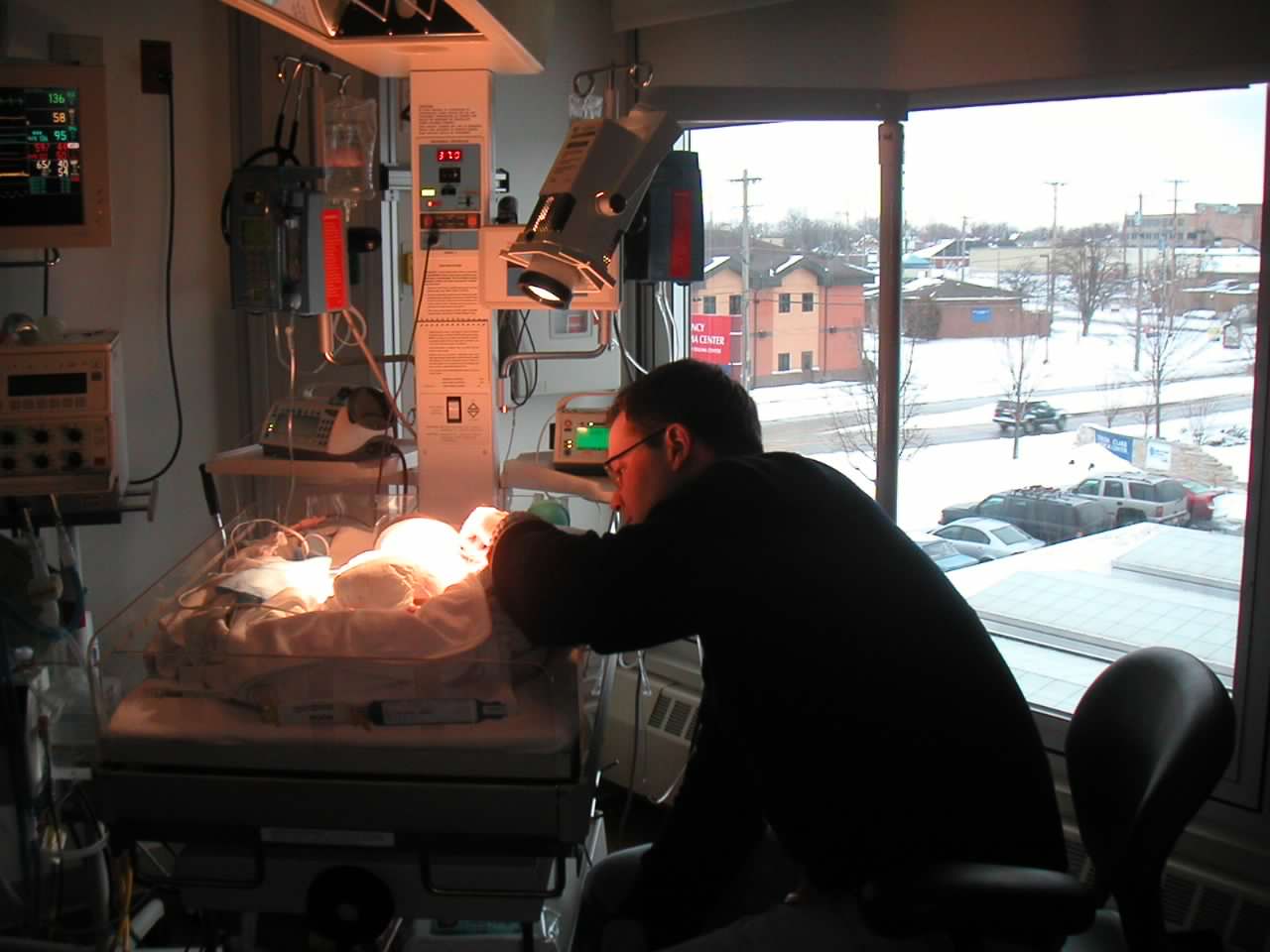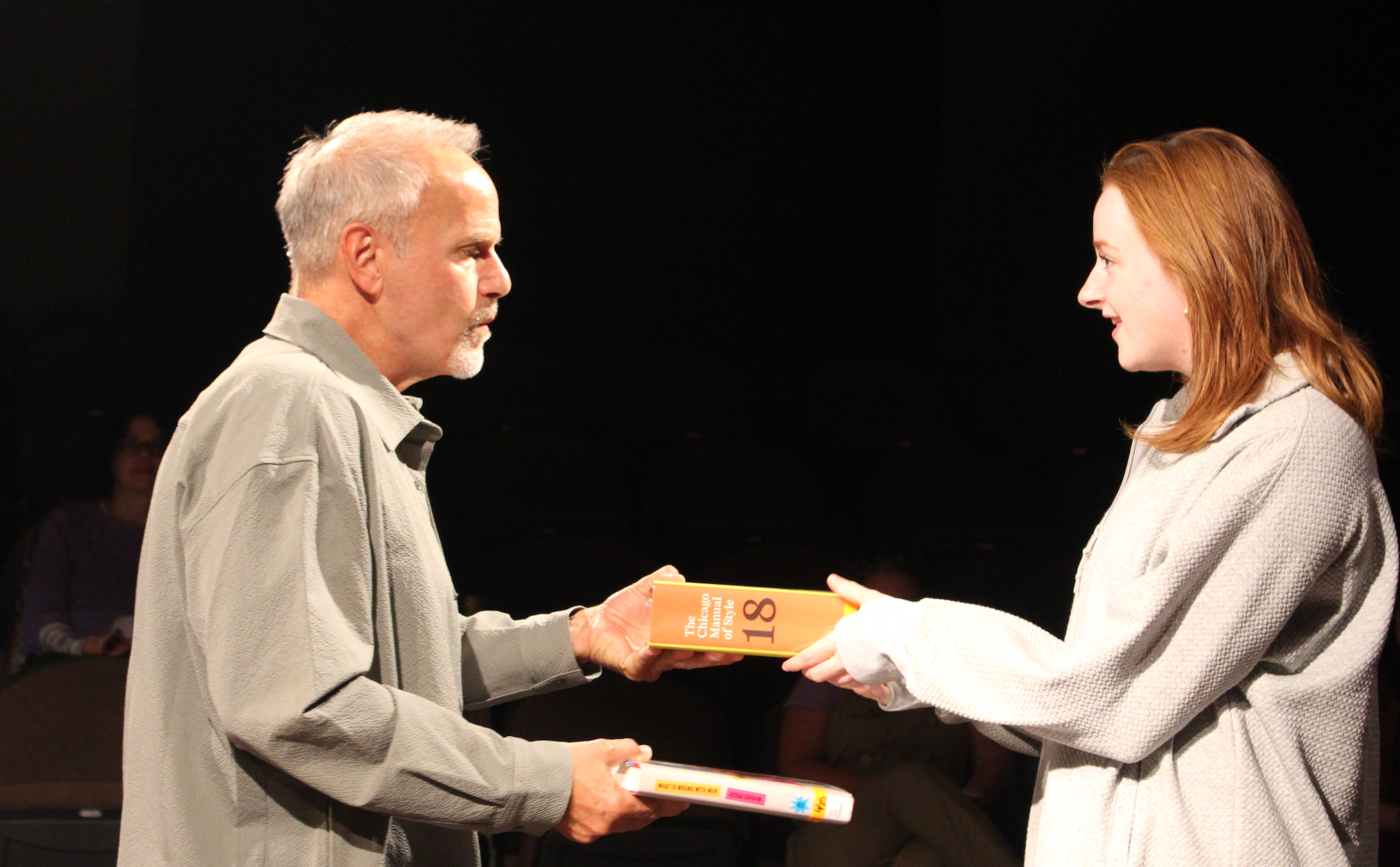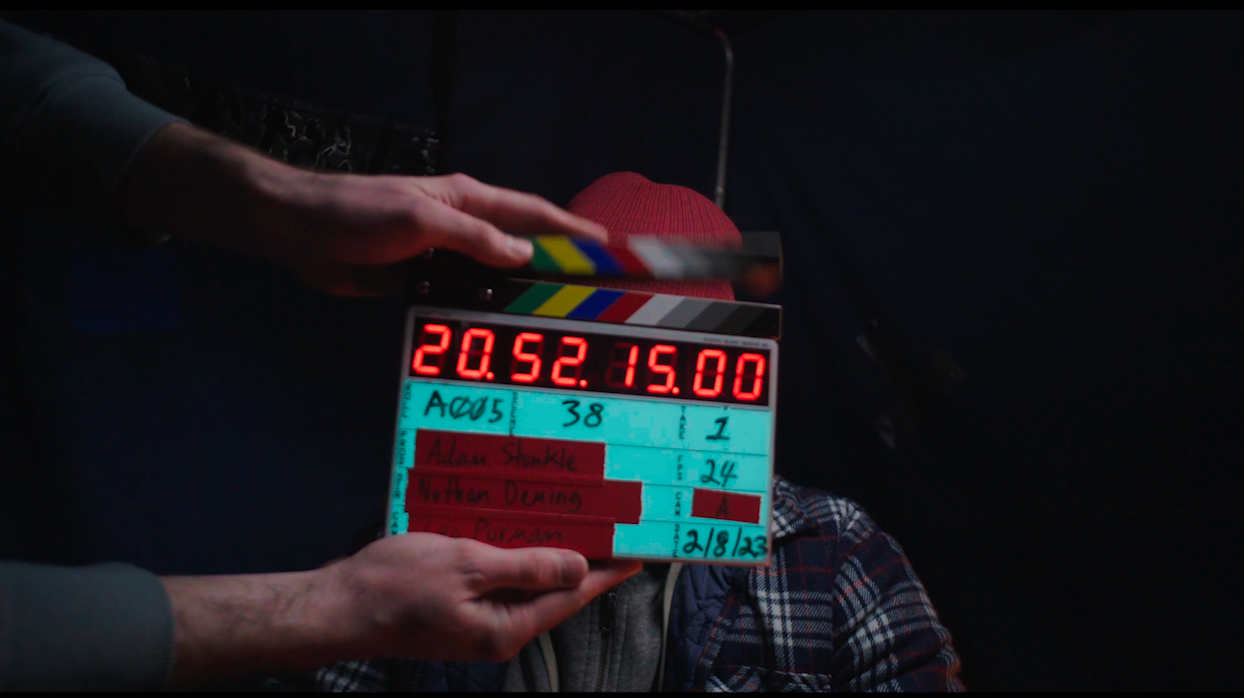It was 32 years ago, in June of 1992, when the Uniroyal tire plant in Eau Claire shut down for good.
It had been a stalwart in the western Wisconsin manufacturing landscape for some 75 years. More than 1,000 workers lost their jobs in the closure.
A new documentary chronicles the Uniroyal departure. “When Rubber Hit the Road” combines the talents of multimedia producer Steve Dayton and author B.J. Hollars.
News with a little more humanity
WPR’s “Wisconsin Today” newsletter keeps you connected to the state you love without feeling overwhelmed. No paywall. No agenda. No corporate filter.
The pair of friends-turned-production partners talked to WPR’s Ezra Wall on “Morning Edition.”
The following transcription has been edited for brevity and clarity.
Ezra Wall: What prompted the idea of this new documentary?
B.J. Hollars: I’ve been in Eau Claire for about a dozen years now, and every once in a while I will drive by the old tire plant, which is now known as Banbury Place. It’s kind of a multi-use place. I never really knew the story of it, but I knew it was a huge part of our economy.
I knew when it closed, it disrupted our town both culturally and economically, but I really wanted to learn more. And so Steve and I got to talking and we decided to learn more and share a bit about what we learned.
EW: What’s the story behind how this team came together — B.J. and Steve working on “When Rubber Hit the Road?”
BH: Well, we’ve been friends for a while and our families often hang out in Steve’s backyard. We’d have a little campfire in the back, and Steve and I would pitch each other creative ideas. Steve’s more the filmmaker. I’m more the writer.
And so one night, we were sitting by that fire and we said, “What about Uniroyal? What about one of the biggest economic stories in our community that’s really never been told in quite the way we wanted to tell it?”
So, we formed a company called Fireside Productions based on those campfire talks. Then we got rolling and over about 18 months we interviewed everyone we could and we put together a one-hour documentary.
EW: The events of this story happened in the early 1990s, with the factory ultimately closing in 1992. How difficult was it to get in touch with people? Were they still eager to talk about this after 30 years?
Steve Dayton: There was definitely a lot of interest in telling the story of the people that are still around. They have a lot of pride in the work that they put into making tires and creating this community, and they were ready to share that story.
Plus, we had multiple different sources from Chippewa Valley Museum here that did a great job of doing audio interviews in 1996, so we were able to use some of those for the documentary as well.
EW: So what did you learn about the closure of Uniroyal?
BH: We explore a lot about Midwest Rust Belt towns and the closure of plants well beyond Eau Claire. A lot of places in Wisconsin and beyond were faced with moments like this, but what was so compelling to us was the resiliency of the people.
And so in addition to the facts and the figures, it’s the stories of these people who found a way to change and adapt and and continue to live their lives beyond the closing of a major chapter of their lives, which was a lifetime of work at an institution they thought they would probably retire from. That changed and they were forced to fundamentally alter their lives and find a new course forward.
SD: And I think that’s not just specific to Eau Claire. I mean, that’s a Wisconsin story. Where I grew up in La Crosse you had the Rubber Mills and the brewery, where people were relying on these jobs and then one day they’re gone. What do you do with yourself and how does that affect your family?
EW: What specifically was it that led to Uniroyal’s closing? I got to watch the trailer of this film and it looked like that departure really took people by surprise.
BH: There were a lot of factors and depending on who you talk to, you’ll get a bit of a different answer, but there were a lot of reasons for the closure.
For one thing, the plant was in a multi-story building. Most manufacturers prefer a single-level facility, which makes logistics easier and less expensive. Plus, it was an old building. It was built around 1917 originally. And so by then several other plants had been built, they were more modern in a lot of ways, shipping the materials to Eau Claire and the north when most of them were coming from the South cost extra money.
They had an overproduction of radial tires. But the reality is, the Eau Claire plant and the tire workers there were just knocking it out of the park. They were winning awards. They were doing more tires at less cost than many of the other plants. And so they felt like they had turned the corner, but it still wasn’t enough to save the plant.
EW: Of the people who are featured in the film, is there someone’s story that you find particularly moving?
SD: My go-to is Jean Curtis, who was a former Uniroyal worker. She has an amazing story about being pregnant while working there and what that was like for her.
Also, during the closing process, she kind of became the poet of the factory and had some interesting things there. So I really connect to Jane’s story.
EW: BJ what about you?
BH: You know, I’m really partial to Darrell Wekkin. He was the last Local 19 union president and he spent the final years of his term there desperately fighting for every employee and just whatever he could do to give their families a leg up, give them a bit more health insurance, give them a few more paychecks, help retrain them. He just fought tooth and nail. And because he was so busy fighting for everyone else, he almost forgot to take care of himself and his own family. Just watching him give everything, every ounce of strength to the people he cared about in that factory, who admire and respect him so much to this day. It’s just a powerful story of generosity and fighting for the people you share space with.
EW: Were these workers given anything as their jobs were being taken away from them?
BH: They really were and that’s part of the story we wanted to recognize. We were really committed to trying to tell a balanced story here, and we’ve been very fortunate to get feedback that confirms that we’ve been able to do so.
Despite some of the hardships involved with the company leaving town, they did pick up the pensions and they did give about two years’ worth of other benefits to help retrain people and help people get back on their feet. That’s something we just don’t see a lot of today. And so I think there’s a lot of credit to be shared here.
Despite the hardship and the complexity that took place when the factory shut down, they weren’t completely abandoned. There was some safety net thanks to folks like Darrell Wekkin fighting for them.
More information about “When Rubber Hit the Road,” including a July 19, 2024 screening at The Rivoli in La Crosse, is available at the Fireside Productions website.
If you have an idea about something in western Wisconsin, you think we should be talking about on “Morning Edition,” send it to southwest@wpr.org.

